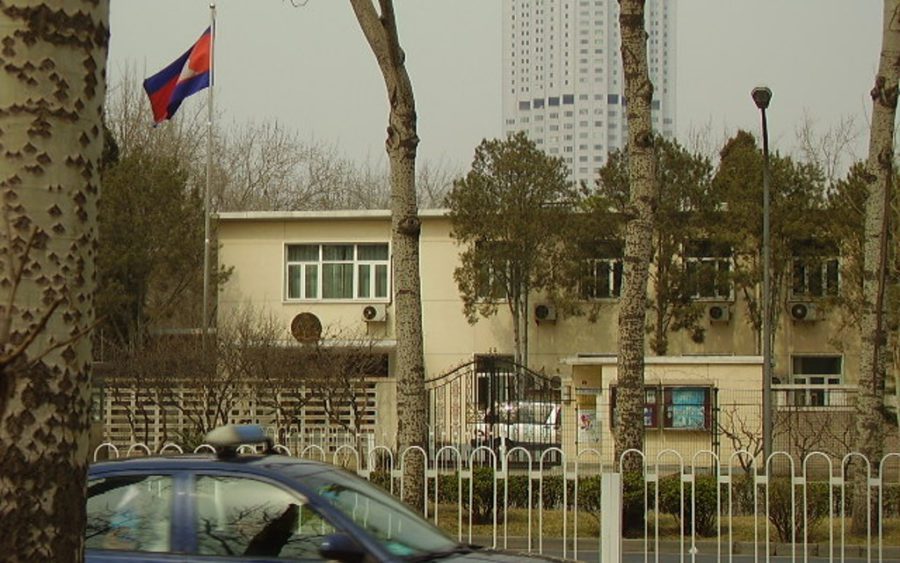A three-fold rise in human trafficking cases handled by the Interior Ministry could be one of the costs of the Covid-19 pandemic’s pressure on jobs and livelihoods, government and civil society officials said.
Interior Minister Sar Kheng last month disclosed that Cambodian authorities had dealt with 198 cases of human trafficking in the first half of the year — up from 63 cases in the first half of 2020, more than tripling last year’s total. Some 721 victims were rescued in those cases: 88 of them under 15, 63 between 15 and 17, and 570 people 18 or older.
Authorities also arrested 291 suspects, according to the minister.
Chou Bun Eng, vice chair of the National Committee on Counter-Trafficking, said people were vulnerable at the moment, and open to being deceived by traffickers.
Amid Covid-19, many are worried about joblessness and want to seek new places to work, Bun Eng said.
Restricted borders were also intersecting with people facing economic hardships wanting to migrate, giving an opening for traffickers promising border crossings, she added.
“Those can be the reasons for people or vulnerable people to choose what they wish to do if they follow a broker,” she said.
Most recent trafficking cases were to Thailand, Vietnam and China, she said.
Khun Tharo, program officer at labor rights group Central, said many trafficking cases originated in remote areas, where low-income, vulnerable people could be convinced of opportunities by traffickers.
The problem was compounded by Covid-19 and people needing help to support their livelihoods, he said.
“Access to relief services or support, such as legal action or intervention when they need help urgently — we observe that the problem is still limited by the state authorities,” Tharo said.
The Planning Ministry said last year that about 2.6 million people were benefiting from the IDPoor relief program, providing cash handouts as key economic sectors — notably tourism — have been devastated in the pandemic. Factory and entertainment workers have also faced widespread disruptions to their employment.
A 21-year-old woman’s case predates the current surge in human trafficking being reported by authorities. But her motivations — the pursuit of a better job — may be illustrative of what’s driving the recent rise.
The woman was a factory worker in Phnom Penh in 2018 when a “friend” offered her a job opportunity in China. She paid money to the trafficker, and travel was arranged for her.
But in the foreign country there was no job, the woman told VOD. The woman was “married” to a local man instead.
“He kept me in the house alone and [I] had no mobile phone,” she said. “I planned to run away many times, but I’m not sure where to go in China.”
She nagged the family to have access to a smartphone, and was able to set up a social media account.
“I felt very guilty asking for help” online as she hadn’t told some people about leaving the country, she said. But she asked anyway, “because I could not live in this suffering anymore.”
“After I posted for help through Facebook, not many people believed I was trafficked to China,” she said. But the post caught the public and authorities’ attention, allowing her repatriation in January, after more than two years in China.













